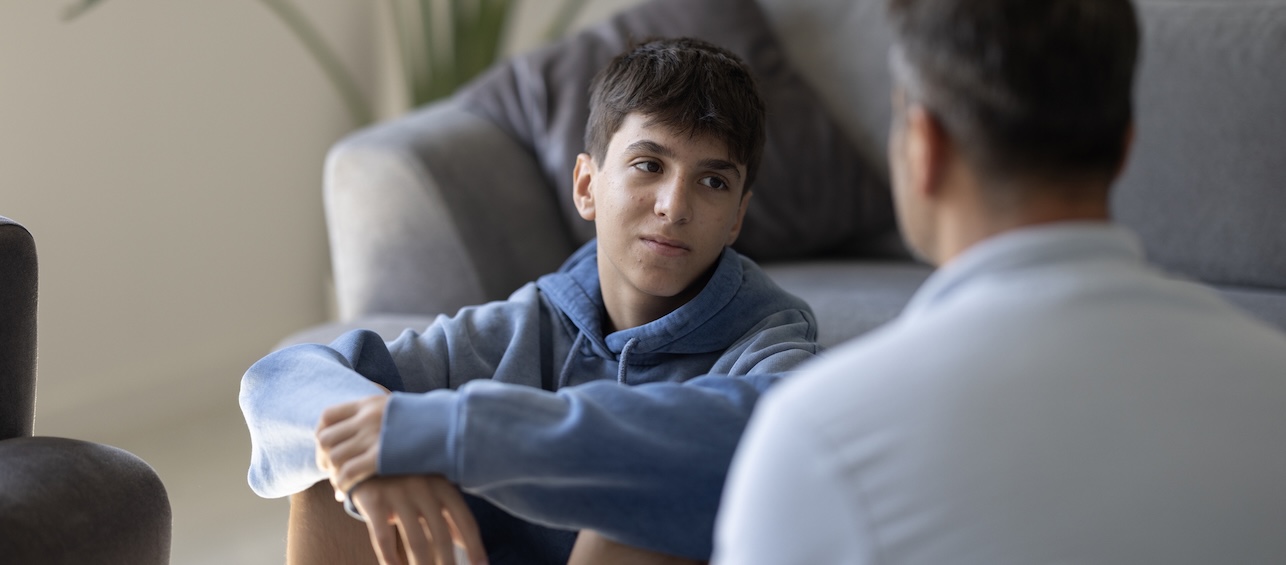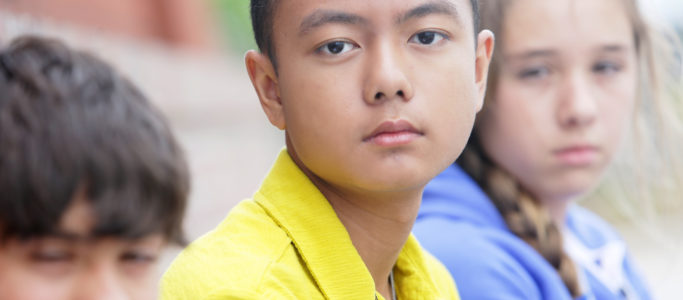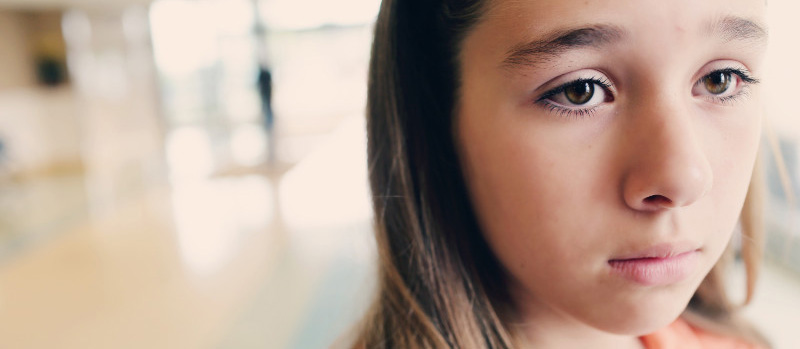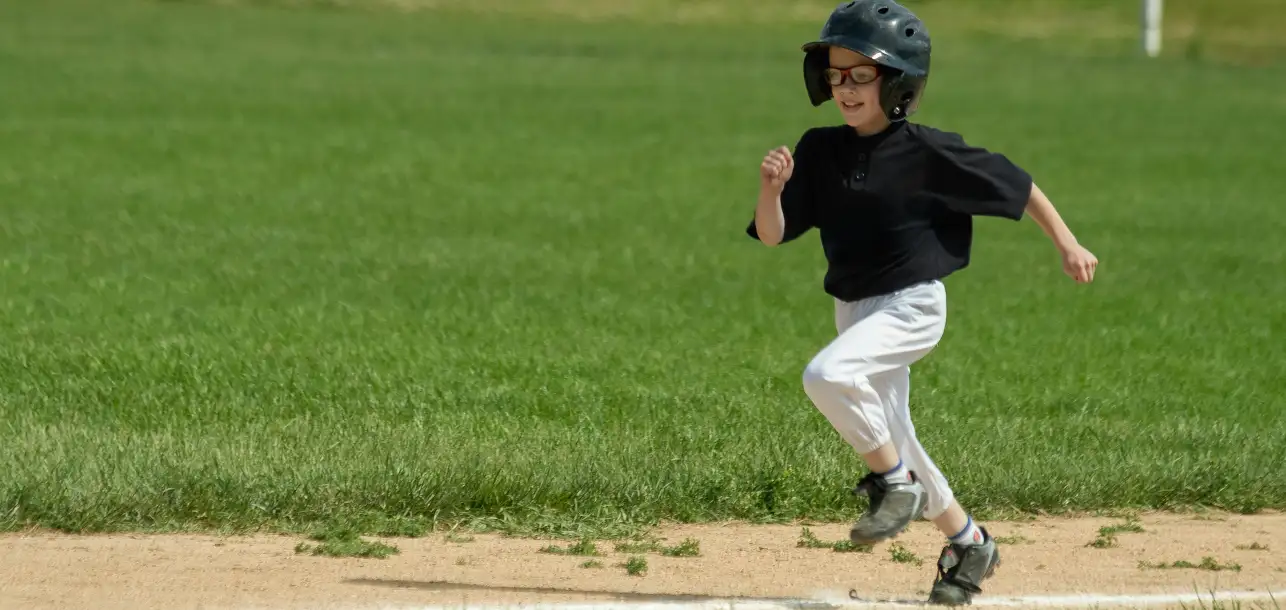We are a caffeinated society, and our teens are no exception. Caffeine is readily accessible and commonly drunk by teens and adults alike. A 2014 American Academy of Pediatrics (AAP) study estimates that 73% of children consume caffeine on any given day.
The AAP recommends that adolescents ages 12-18 limit their consumption to no more than 100 milligrams of caffeine per day. That’s the equivalent of about one cup of regular drip coffee. The even better scenario, in my opinion, would be to quit caffeine all together. Here’s why:
4 Reasons for Teens to Limit or Quit Caffeine Use
1. Caffeine is a drug and it has side effects.
The dose and size of the person determine the extent of harm. Taken in high doses, or by susceptible individuals at normal doses, caffeine can cause palpitations, high blood pressure, nausea or vomiting, jitteriness or sleep problems. In extreme cases, arrhythmias, seizures or even death could occur.
2. Caffeine mixed with some medications can be dangerous.
Speak with your doctor or pharmacist about potential drug interactions. Mixing caffeine with some ADHD and asthma medications can be particularly harmful.
3. Some caffeinated beverages contain other ingredients that are not regulated by the FDA.
This most commonly happens in energy drinks. They may include ginko, ginseng, taurine, guarana, kola nut, yerba mate, and more.
4. There’s an underlying reason why they’re doing it.
Typically teens are drinking caffeine for that extra jolt to make them more awake and focused for school or extracurricular activities. If you can help your teen identify why they’re drinking it, you might be able to offer solutions to help them stop. When teens complain about being tired, more sleep is really the answer. If it’s to focus, it might be just as effective to take a 15-minute break and go for a walk.
For reference, here are a few drinks with their associated caffeine levels:
Plain brewed coffee 8 oz: 135 mg
Espresso 1 oz: 30-50 mg
Soda 12 oz: 35-55 mg
Black tea 8 oz: 40-70 mg
Energy drinks 8 oz: 75-80 mg
Bittersweet chocolate 1 oz: 5-35 mg
If you suspect that your child has consumed too much caffeine, please do not hesitate to contact your Drug and Poison Information Center at 800-222-1222. We will learn more about your child’s situation and help you determine potential next steps to take.






